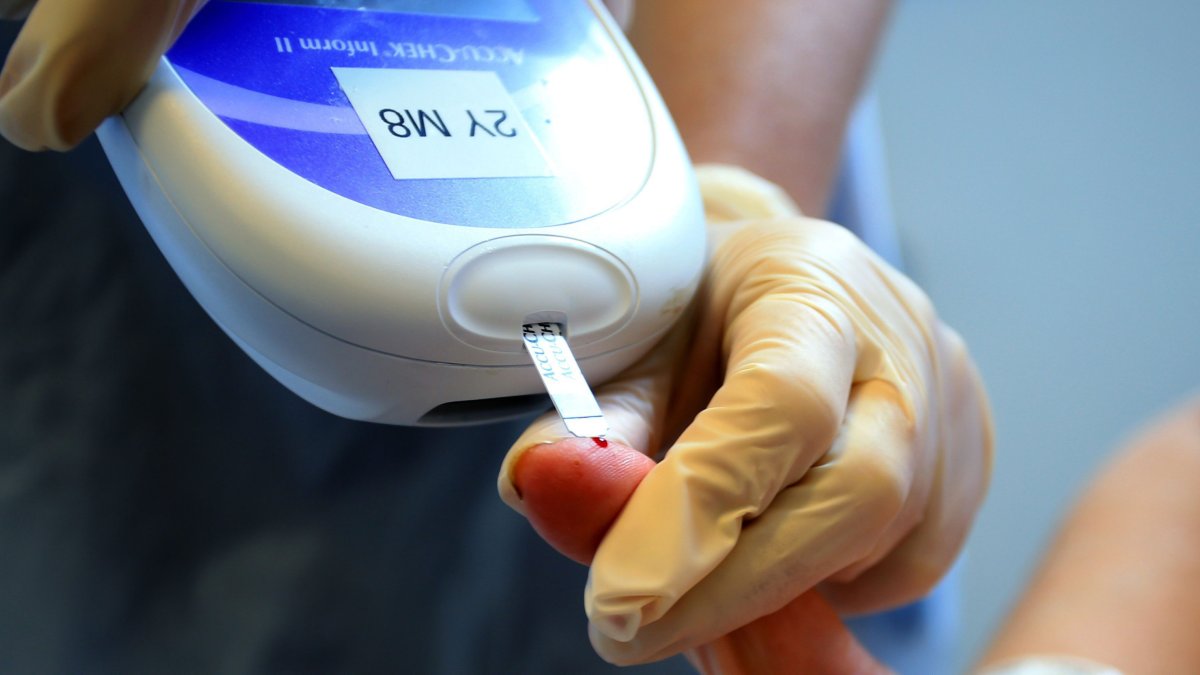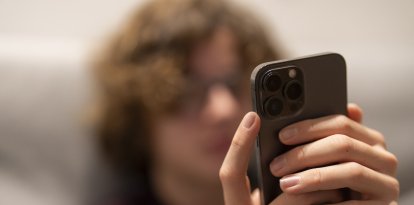First cure of type 1 diabetes after stem cell transplant in 25-year-old Chinese woman
The patient began producing insulin naturally three months after receiving the treatment.

A nurse testing a patient for diabetes.
New hope emerges in the treatment of type 1 diabetes, following the case of a 25-year-old woman from Tianjin, China, who began producing insulin naturally three months after receiving a transplant of reprogrammed stem cells taken from her own body.
Details of the groundbreaking transplant
The study, led by cell biologist Deng Hongkui of Beijing University, China, uses induced pluripotent stem (iPS) cells, which are reprogrammed from the patient's own cells. This technique is based on the work of Nobel laureate Shinya Yamanaka, and was improved to better control the process by exposing the cells to small molecules.
In June 2023, doctors injected approximately 1.5 million pancreatic islets into the woman's abdominal muscles. This method is different from traditional transplants, which are usually done in the liver. Placing the cells in this area allows for easier monitoring and the option to remove them if necessary.
Promising results
Two and a half months after the transplant, the woman began producing enough insulin to not need external injections. She has maintained this production for more than a year. "I can eat sugar now," says the woman, who lives in Tianjin and keeps her blood glucose levels in the normal range more than 98% of the time.
María José Picón, a diabetes expert at the Hospital Virgen de la Victoria in Málaga, calls these results "valuable." However, she warns that more research is needed to confirm these findings in more patients.
Challenges and future of treatment
Although the use of autologous stem cells has advantages, such as reducing the risk of rejection, the procedure still faces challenges for large-scale application and commercialization. Research groups, such as Vertex Pharmaceuticals, are exploring the use of donor stem cells to generate pancreatic islets, and have had promising results in clinical trials.
Daisuke Yabe, a researcher at Kyoto University, is also planning a trial in which islet sheets generated from donor iPS cells will be placed in patients with Type 1 diabetes, with the aim of overcoming some of the current limitations.
A beacon of hope for millions
Type 1 diabetes involves an immune system attack on insulin-producing cells in the pancreas. Advances in the use of reprogrammed stem cells offer a new perspective for the treatment of this disease, potentially overcoming donor shortages and the need for immunosuppressants.
While the challenges are still significant, recent advances give hope to millions of people with type 1 diabetes, opening the door to more effective and affordable treatments in the future.

























